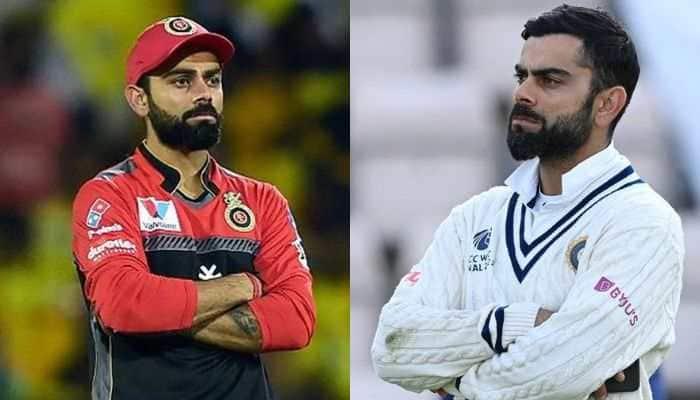1962 Indo-China war: 'Kennedy was planning $500 mn military aid package for India'
In the aftermath of 1962 Indo-China war, the then John F Kennedy administration was planning a USD 500 million military aid package for India including help to increase arms production and creation of six mountain divisions, a new book has said.
Trending Photos
)
Washington: In the aftermath of 1962 Indo-China war, the then John F Kennedy administration was planning a USD 500 million military aid package for India including help to increase arms production and creation of six mountain divisions, a new book has said.
The package, which was shelved due to Kennedy's assassination, also included an aid of USD 120 million to be equally split between the United States and Britain.
But India under prime minister Jawaharlal Nehru wanted an aid package of USD 1.3 billion.
Following intense negotiations between New Delhi and Washington, the two countries agreed on a military aid package of USD 500 million, former CIA official Bruce Riedel writes in his latest book.
The book "JFK's Forgotten Crisis: Tibet, the CIA and the Sino-Indian War" scheduled to hit the book stores in November says that the final decision with regard to this massive military aid package to India was to be decided at a White House meeting with Kennedy on November 26, 1963.
"But Kennedy was assassinated in Dallas several days earlier," Riedel writes.
According to the book, National Security Action Memorandum No 209, approved on December 10, 1962 by JFK, authorised the mew military aid package for India.
"The United States would -- assist in creating and equipping six new mountain divisions to work with the Indian Army to guard the Himalayas, help India increase its own production facilities, and prepare for a US-UK air defence programme for India," the book says.
"The first two missions were to assist India develop its capabilities, and the third was joint American British military exercise in India," Riedel said adding that Kennedy wanted the funding programme of USD 120 million to be split 50-50 with the United Kingdom and its Commonwealth partners.
Riedel writes that Nehru was disappointed with the proposed aid package.
"He wanted a much larger and more long-term package of military aid. In May, 1963 the new Indian minister for defence production, TT Krishnamachari, came to Washington and proposed an aid programme with a price tag of USD 1.3 billion to Kennedy," Riedel wrote.
"Further discussions in New Delhi and Washington led to agreement on a USD 500 million programme over five years," he wrote adding that before it could be announced Kennedy was assassinated.
In his book, Riedel observes that the final year of Kennedy's administration saw a dramatic improvement in American relations with India in the military arena as well.
In 1963, American, British, Australian and Canadian pilots were training in India on bombers and jet fighters supplied by those countries, he wrote.
"Six Indian mountain divisions were being equipped by American and British arms, and a robust dialogue was underway on further military cooperation," Riedel wrote.
After Kennedy's assassination, the proposed military aid package could never see the light of the day.
Under heavy pressure from Pakistani lobby, the new administration led by president Lyndon B Johnson postponed the decision and engaged in a review of the proposals for several months.
It was not until May 28, 1964 that a final meeting to approve the agreement was scheduled at noon in the White House.
A day earlier, news came that Nehru died, Riedel writes, adding that the Indian team who had come to Washington to negotiate the agreement left.
"Once again the decision was postponed. President Johnson was persuaded to let the dust settle in New Delhi, and the fears and confusion at high levels in Washington created by the possibility that Pakistan would cancel our agreement on the Peshawar air base were no doubt the most immediate cause for the delay," the book says.
Under the new prime minister Lal Bahadur Shastri India increased its defence co-operation with Russia.
"That India never signed an arms deal with the United States was a 'lost opportunity' in Indo-American relations, Riedel wrote.
Stay informed on all the latest news, real-time breaking news updates, and follow all the important headlines in india news and world News on Zee News.
Live Tv







)
)
)
)
)
)
)
)
)
)
